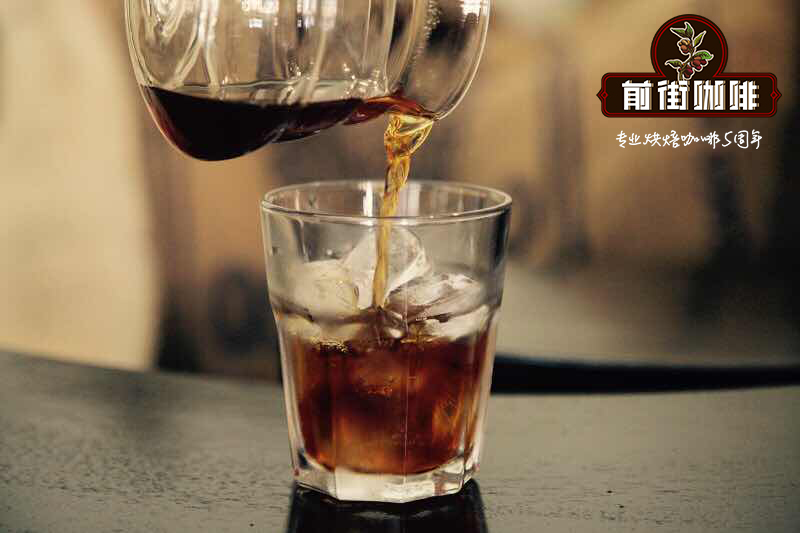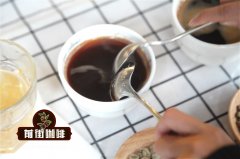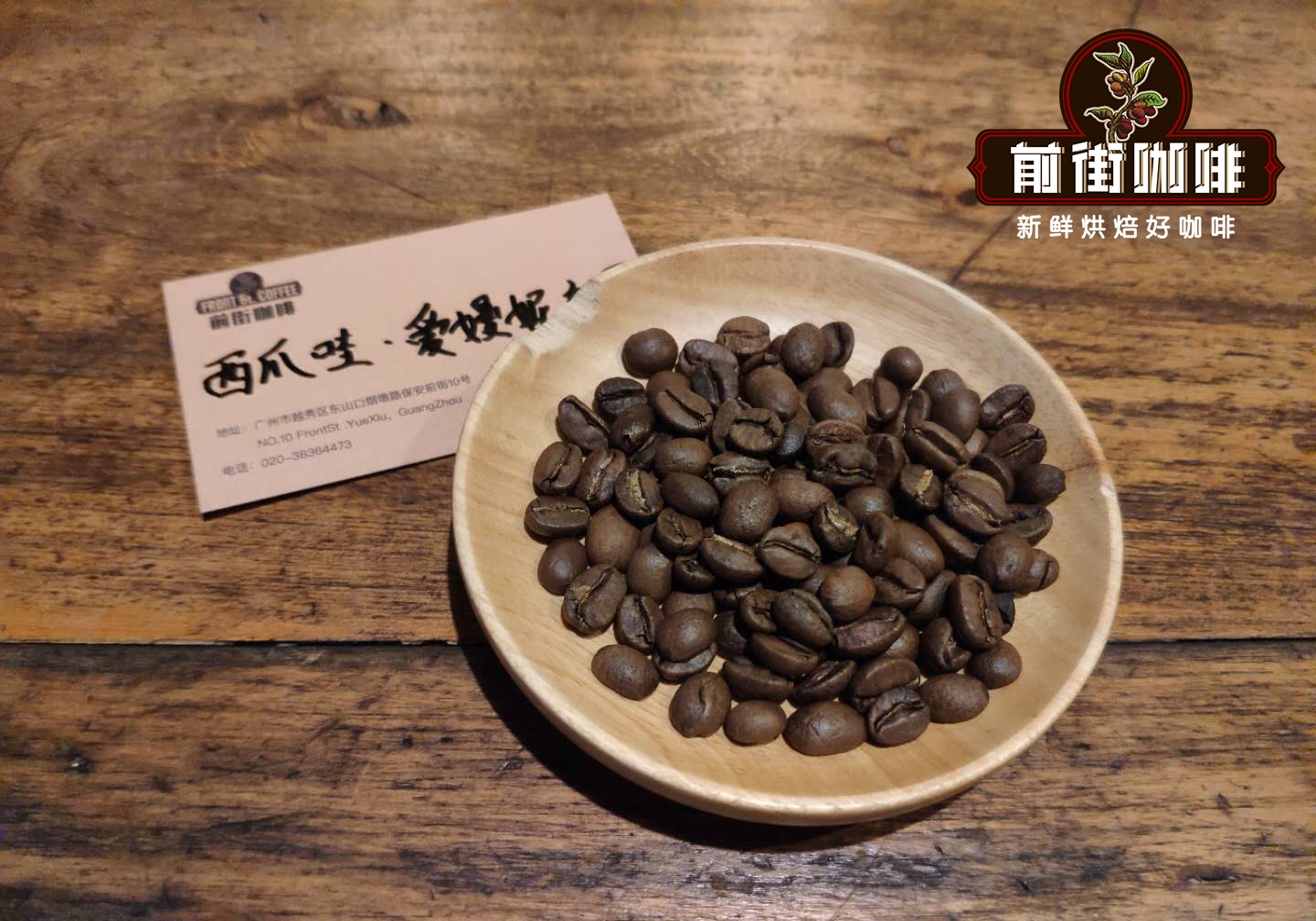Santa Ana Paradise Manor El Salvador Coffee Fine Coffee

Professional coffee knowledge exchange more coffee bean information please follow the coffee workshop (Wechat official account cafe_style)
Salvadoran coffee has six major producing areas, all of which are distributed on alpine slopes or plateau areas covered with volcanic ash at an altitude of 1200 meters above sea level.
The coffee harvest and harvest season is from November to April of the following year. Because coffee prefers a mild climate
Therefore, most of the coffee trees in sa are planted in the shade of tall trees (shade grown coffee).
In order to avoid excessive temperature and direct exposure to the sun, affecting the quality of coffee beans.
The coffee beans produced by it belong to Arabica species, mainly from Pacas and Bourbon brands, and belong to big beans with sweet taste and excellent flavor.
AIDA BATLLE Paradise Manor, Santa Ana Province, El Salvador
Selected batch Ethiopian treatment method
El Salvador Santa Ana El Paraiso Aida
Batlle Selection Ethiopia Process
When it comes to Salvadoran coffee, you have to talk to you about Aida Batlle, a legend in the boutique coffee industry.
Aida is from El Salvador, and her family business is a coffee plantation that has been run for generations. When she was a child, she was due to the civil war in El Salvador.
She and her family moved to Miami in the United States and did not return to El Salvador until 2002.
To help her father, she started as a complete novice in the family-run estate of Kilimanjaro (Finca Kilimajaro).
In 2003, Kilimanjaro won the first place in the first COE of El Salvador, with a gold price of $14.06 / lb.
At a time when the market price of coffee was low and less than a dollar a pound, it was incredible for them to be able to sell it at this price.
The title not only glorified her estate and the Santa Ana producing area, but also led to a wave of boutique coffee throughout El Salvador.
Since this crucial year, Aida has been more rigorous in managing farm affairs.
And set up its own processing plant to produce the highest quality microbatches, in addition to the traditional treatment methods.
She also referred to the treatment methods of many different countries, such as Kenya, Ethiopia, Sumatra wet peeling, etc.
Innovation is integrated into her experimental batch. Because the estates in Aida are so popular, production is always in short supply.
In order to meet more customer needs, she began to cooperate with the local J. Hill Y CIA processing plant with a history of more than 100 years in 2009.
Launched Aida selected batch Aida Batlle Selection (ABS) to select local estates that produce high-quality coffee
Assist and guide them in the process of planting, picking and post-processing, and personally supervise and check whether the production quality is up to standard.
After the cup test, the flavor can reach her required batch before it can be exported in the name of ABS.
END
Important Notice :
前街咖啡 FrontStreet Coffee has moved to new addredd:
FrontStreet Coffee Address: 315,Donghua East Road,GuangZhou
Tel:020 38364473
- Prev

Parainema, a small farmer in Benigno Mejia, Honduras, has been growing coffee for more than 200 years.
Professional coffee knowledge exchange more coffee bean information please follow the coffee workshop (Wechat official account cafe_style) Honduras Benigno Mejia small farmer Parainema has been growing coffee in Honduras for more than 200 years (since 1804) statistics now planting area of 280000 hectares, mainly small coffee farmers, 92% of Honduran coffee farmers are small
- Next

Introduction to the Flavor characteristics of Indonesian Coffee
Professional coffee knowledge exchange more coffee bean information Please follow the coffee workshop (Wechat official account cafe_style) mention Indonesian coffee, most people immediately think of civet coffee (Kopi Luwak), the charming flavor was once listed by Forbes as the top of the list of the most expensive coffee in the world. You don't know musk.
Related
- Does Rose Summer choose Blue, Green or Red? Detailed explanation of Rose Summer Coffee plots and Classification in Panamanian Jade Manor
- What is the difference between the origin, producing area, processing plant, cooperative and manor of coffee beans?
- How fine does the espresso powder fit? how to grind the espresso?
- Sca coffee roasting degree color card coffee roasting degree 8 roasting color values what do you mean?
- The practice of lattes: how to make lattes at home
- Introduction to Indonesian Fine Coffee beans-- Java Coffee producing area of Indonesian Arabica Coffee
- How much will the flavor of light and medium roasted rose summer be expressed? What baking level is rose summer suitable for?
- Introduction to the characteristics of washing, sun-drying or wet-planing coffee commonly used in Mantenin, Indonesia
- Price characteristics of Arabica Coffee Bean Starbucks introduction to Manning Coffee Bean Taste producing area Variety Manor
- What is the authentic Yega flavor? What are the flavor characteristics of the really excellent Yejasuffi coffee beans?

